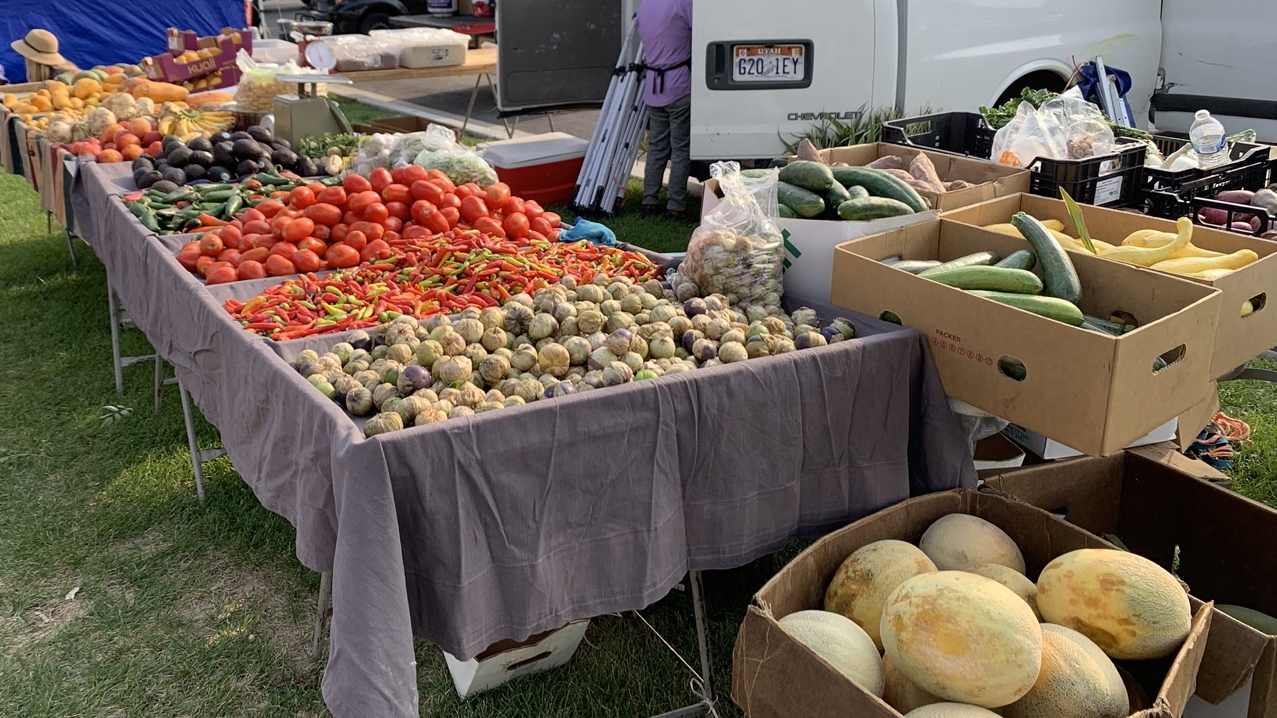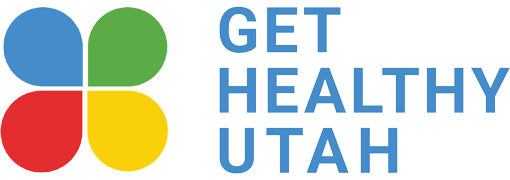
Heber City
- Population: 17,860
- Designation Year: Fall 2021, Fall 2024
During the pandemic, Heber City proactively addressed COVID-19 by contacting all citizens who tested positive, were hospitalized, or lost employment because of the virus, and then leveraged programs and grants to meet their needs. To ensure access to food, Heber City hosts a farmers market that accepts SNAP benefits, is planning a community garden, and organizes healthy meal deliveries for residents at Thanksgiving and Christmas. There are also ample opportunities for physical activity. The city has numerous walking and biking trails, and has a goal to build a park within walking distance of every neighborhood.
HEALTH STRATEGIES
Collaboration
- A relationship with the local health department
- A resource page on city website to assist in accessing healthy foods, physical activity, and mental health resources
- Health-related objectives in city's general plan
- A moderate income housing plan
Access to Healthy Food
- A farmers market that accepts SNAP benefits
- Establish a community garden i
- Written statements addressing healthy food and beverage choices in city-owned facilities
- Healthy meals are prepared and arranged to go out to families in need around the Thanksgiving/Christmas holiday season.
Active Living
- Connected walking and biking trails
- Provided guidance on joint-use agreements for facilities in the community that can be used for physical activity
- An active transportation plan
- An ordinance that requires new subdivisions to provide sidewalks and lights
- Wayfinding signage that promotes active transportation
Mental Health
- Offered Question, Persuade, Refer (QPR) trainings
- At least one evidence-based program or initiative that provides education, awareness, and training to community members around mental health
- Promoted the use of the SafeUT app in schools and other community centers
- Medication disposal services, locations, or programs
- Gun locks available for free for community members
2024 Redesignation
To be redesignated, Heber City focused hard on mental health and access to healthy food. The city conducted a mental health readiness survey to identify gaps in mental health resources in the community, then partnered with the Wasatch County Health Department to offer suicide prevention classes and give out vouchers to purchase a discounted firearm safe. The city also organized a free family dinner event at a local park where they provided messaging about the value of shared family meals, offered booths about community resources, and advocated against substance misuse and abuse.
HEALTH STRATEGIES
Access to Healthy Food
- Host a community program to support food access and healthy eating
Mental Health
- Offer suicide prevention trainings
- Offer free gun locks to community members
- Conducted a survey of local mental health needs



















